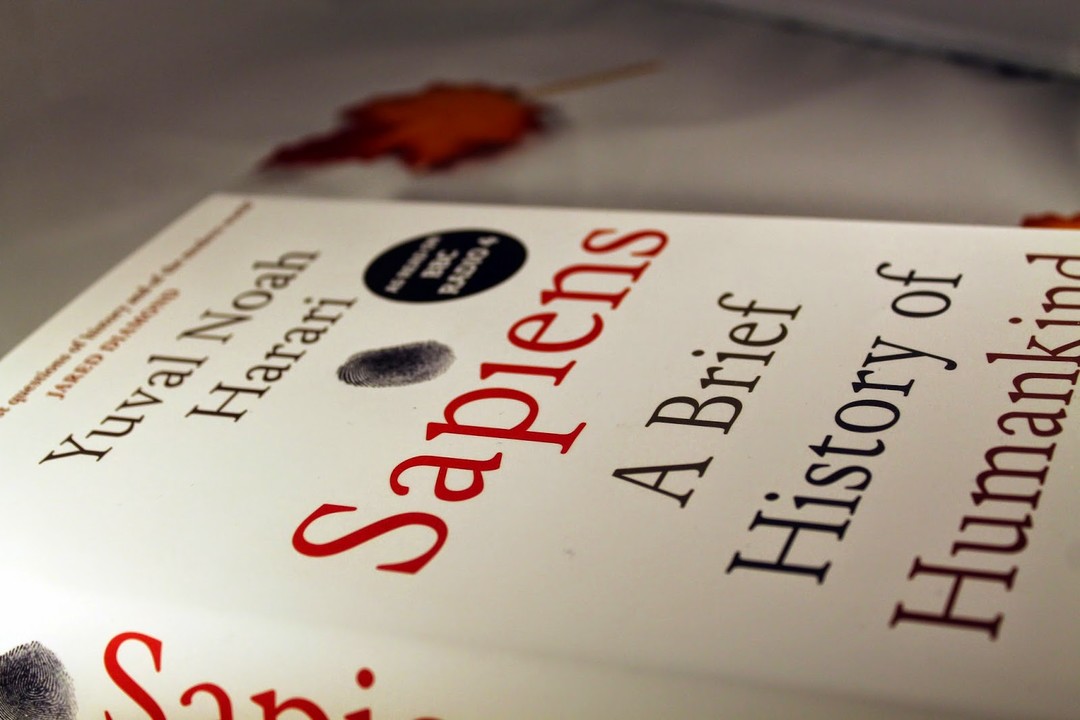Sapiens: A Brief History of Humankind – A Book Review
“Sapiens: A Brief History of Humankind” by Yuval Noah Harari is a sweeping narrative that charts the history of our species, from the emergence of Homo sapiens in Africa 2.6 million years ago to the present. Harari divides the story of humankind into four major parts, focusing on the Cognitive Revolution, the Agricultural Revolution, the Unification of Humankind, and the Scientific Revolution. These revolutions have fundamentally shaped human societies and the planet.It’s a thought-provoking and often controversial read, packed with fascinating insights and bold arguments.
The strength of “Sapiens” lies in Harari’s ability to synthesize complex historical, scientific, and sociological insights into a compelling and accessible narrative. He challenges readers to reconsider commonly held beliefs about humanity, our interactions with other species, and the future of our planet. Harari’s interdisciplinary approach weaves together history, biology, anthropology, and economics to explain how Homo sapiens came to dominate the Earth.
One of the most thought-provoking aspects of the book is its exploration of the myths, or shared fictions, that hold societies together – from the belief in divine rights of kings and the imagined realities of nation-states to the legal fictions of corporations. Harari argues that these shared beliefs enable large-scale human cooperation and are the foundation of our political, social, and economic systems.
Strengths:
- Engaging and accessible writing: Harari has a knack for making complex topics understandable and even entertaining. His use of metaphors, anecdotes, and humor keeps the reader engaged throughout.
- Big-picture perspective: The book takes a broad view of history, offering a fresh perspective on familiar events and highlighting connections across different eras.
- Provocative ideas: Harari isn’t afraid to challenge conventional wisdom, offering stimulating ideas about the nature of language, religion, money, and the future of humanity.
Weaknesses:
- Oversimplification: The book covers a vast amount of material in a limited space, which can lead to oversimplification of complex issues and potentially inaccurate generalizations.
- Deterministic perspective: Some might find Harari’s focus on biological and cognitive factors deterministic, neglecting the role of social and cultural influences in shaping human history.
- Lack of critical engagement: While presenting diverse perspectives, the book doesn’t always engage deeply with counter-arguments or alternative interpretations.
In summary, “Sapiens: A Brief History of Humankind” is a thought-provoking book that challenges readers to think about humanity’s past, present, and future in new ways. Harari’s engaging writing style, combined with his ability to connect disparate disciplines, makes for a fascinating read. Whether or not one agrees with all of Harari’s conclusions, “Sapiens” is undeniably a significant contribution to public discourse on human history and our place in the world.














Post Comment